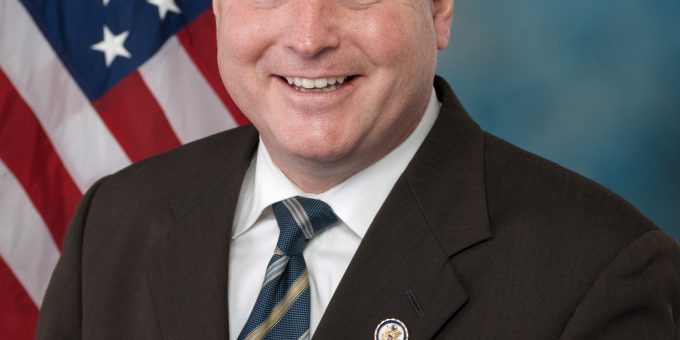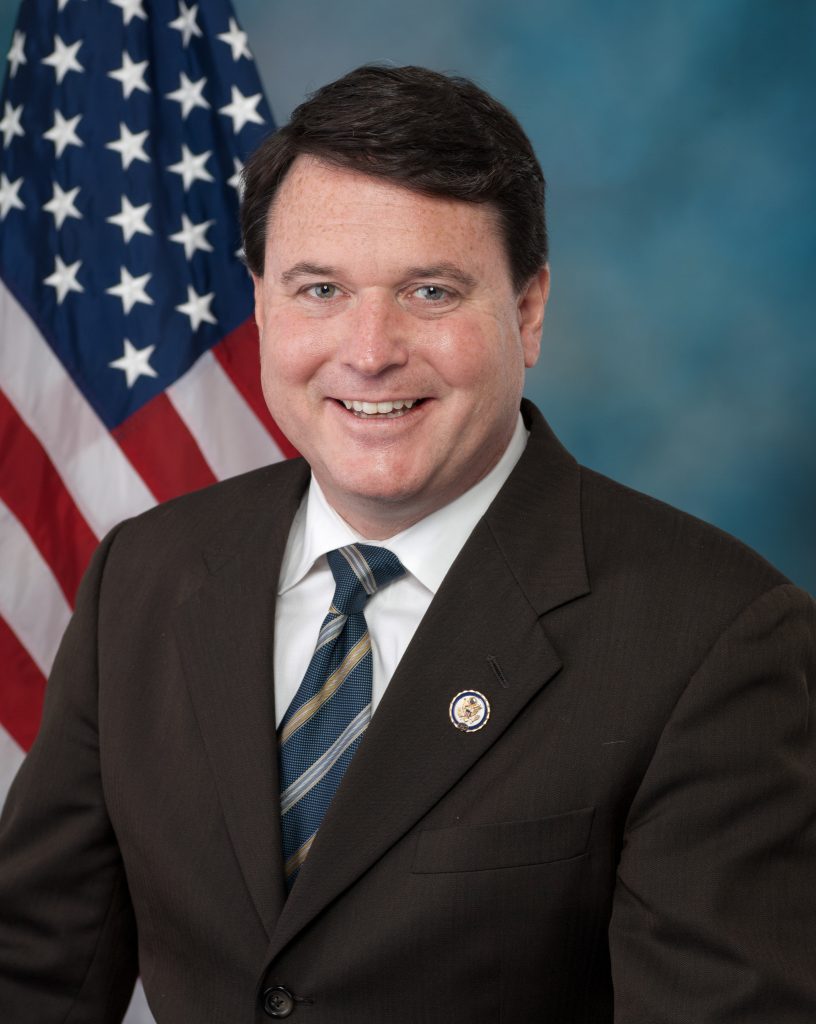
INDIANA – Attorney General Todd Rokita has launched an investigation into Valparaiso University’s association with the Confucius Institutes, which are alleged to function as a propaganda arm of the Chinese Communist Party. Confucius Institutes have operated for years within the state of Indiana.

“Hoosiers deserve answers and transparency into the impact of these institutes on our schools and students,” said Attorney General Rokita. “Our investigation seeks to uncover whether the Chinese government has attempted to exert political influence and manipulate the attitudes and beliefs of Hoosiers through their Confucius Institutes. Our office will use every tool at our disposal to protect Hoosiers and put liberty into action.”
Attorney General Rokita has issued a civil investigative demand to Valparaiso University to look into any possible violation of the Higher Education Act of 1965 or Indiana’s Deceptive Consumer Sales Act. The investigation is aimed at identifying and getting to the bottom of the true intent of any relationships between Valparaiso University’s programming and the Chinese Communist Party.
The Chinese Communist Party has made no secret regarding the intent and purposes of Confucius Institutes embedded in American universities. In a 2010 People’s Daily article, Chinese “Minister of Propaganda” Liu Yunshan said these institutes exist to “coordinate the efforts of overseas and domestic propaganda, [and] further create a favorable international environment for us.” He goes on to say, “With regard to key issues that influence our sovereignty and safety, we should actively carry out international propaganda battles against issuers such as Tibet, Xinjiang, Taiwan, human rights, and Falun Gong.”
These propaganda efforts are broadly referred to by China as the “United Front.” According to a report issued by the congressionally created United States–China Economic and Security Review Commission, “China uses what it calls ‘United Front’ work to co-opt and neutralize sources of potential opposition to the policies and authority of its ruling Chinese Communist Party.”
Valparaiso University reported receiving more than $1.1 million from the Chinese government between 2010 and 2019. These documents filed by Valparaiso University with the U.S. Department of Education do not indicate precisely how this funding was used, but the university’s webpages explaining the partnership make clear that not only did programs target Valparaiso University students but also younger students through sponsorship of programs at area K-12 Indiana schools.
In 2019, the U.S. Senate Homeland Security & Governmental Affairs Permanent Subcommittee on Investigations issued a bipartisan report on the threat posed by Confucius Institutes and similar entities. Key findings include:
- Chinese directors and teachers at Confucius Institutes pledge to protect Chinese national interests. Chinese teachers should “conscientiously safeguard national interests,” and their contract terminates if they “violate Chinese law” or “engage in activities detrimental to national interests.”
- Since 2006, the Chinese government has provided more than $158 million to more than 100 U.S. schools for Confucius Institutes.
- The Chinese Communist Party controls nearly every aspect of Confucius Institutes at U.S. schools, including its funding, staff, and all programming. It even has veto authority over events and speakers.
- The Chinese government also funds teachers for Confucius Classrooms in the United States, which teach Chinese language and culture in K-12 schools. There are more than 1,000 Confucius Classrooms worldwide and more than 500 in the United States. Expanding the Confucius Classrooms program is a priority for the Chinese Communist Party.
- There is little transparency in the selection of Chinese directors and teachers who staff Confucius Institutes. They are vetted and hired by the Chinese government, and U.S. universities choose from a pool of applicants approved by the Chinese Communist Party.
Civil investigative demands, like subpoenas and the discovery process in litigation, include the ability to ask interrogatories and request documents to further the investigation and determine whether or not to file a lawsuit. Indiana law allows the Attorney General to initiate a demand if he has reasonable cause to believe that the entity may be in possession of evidence that is relevant to the investigation.



